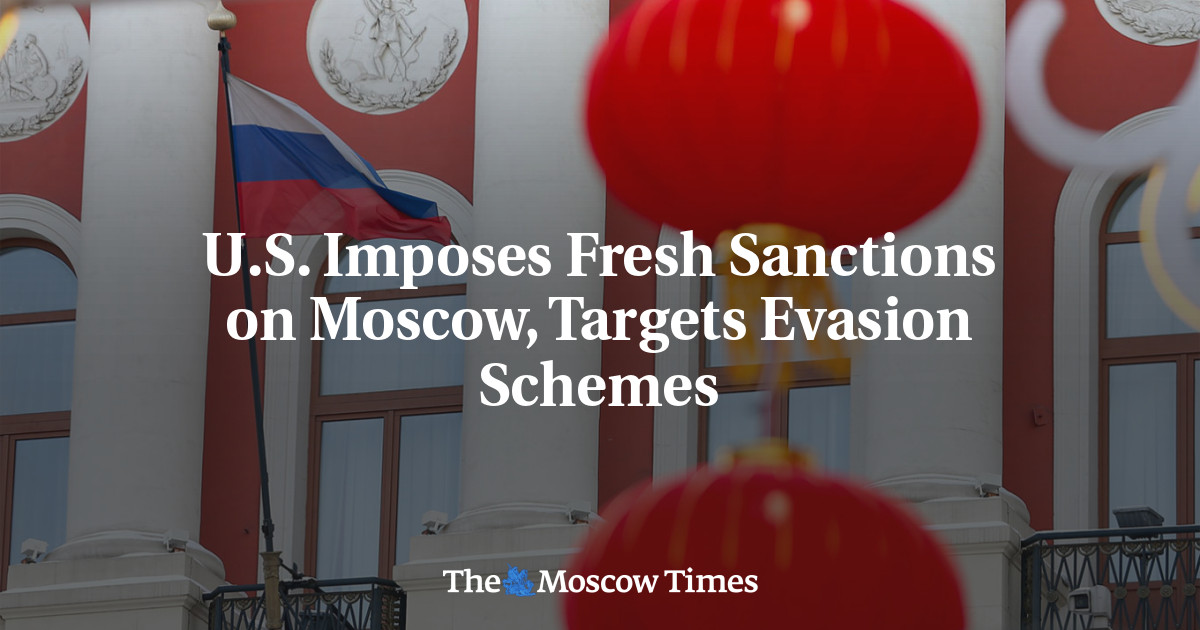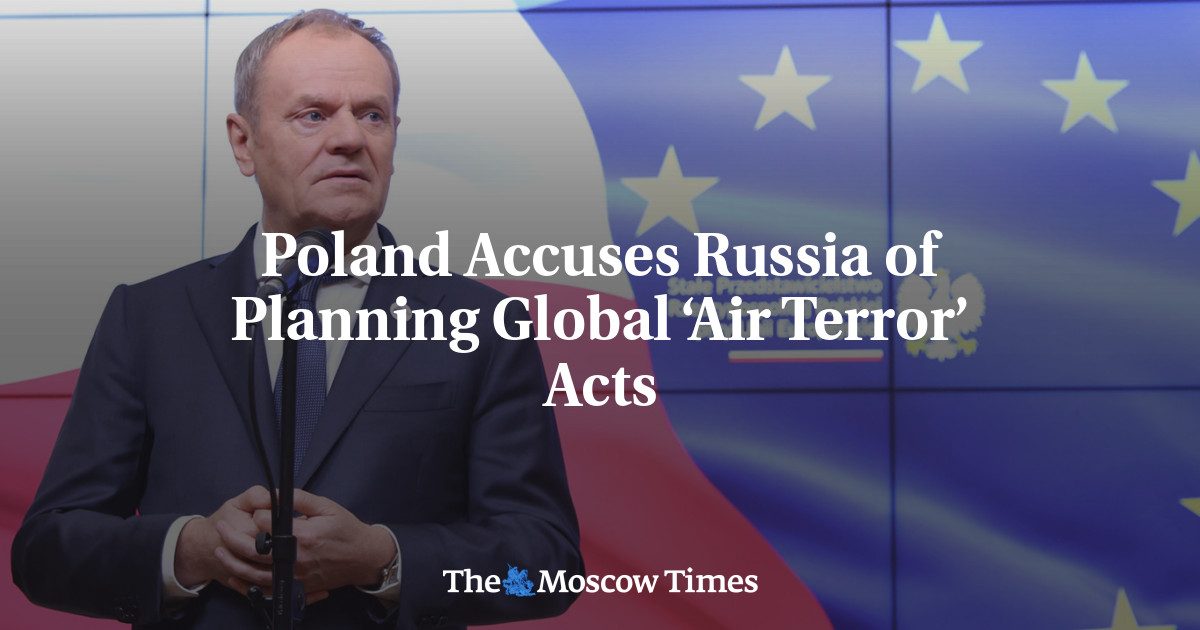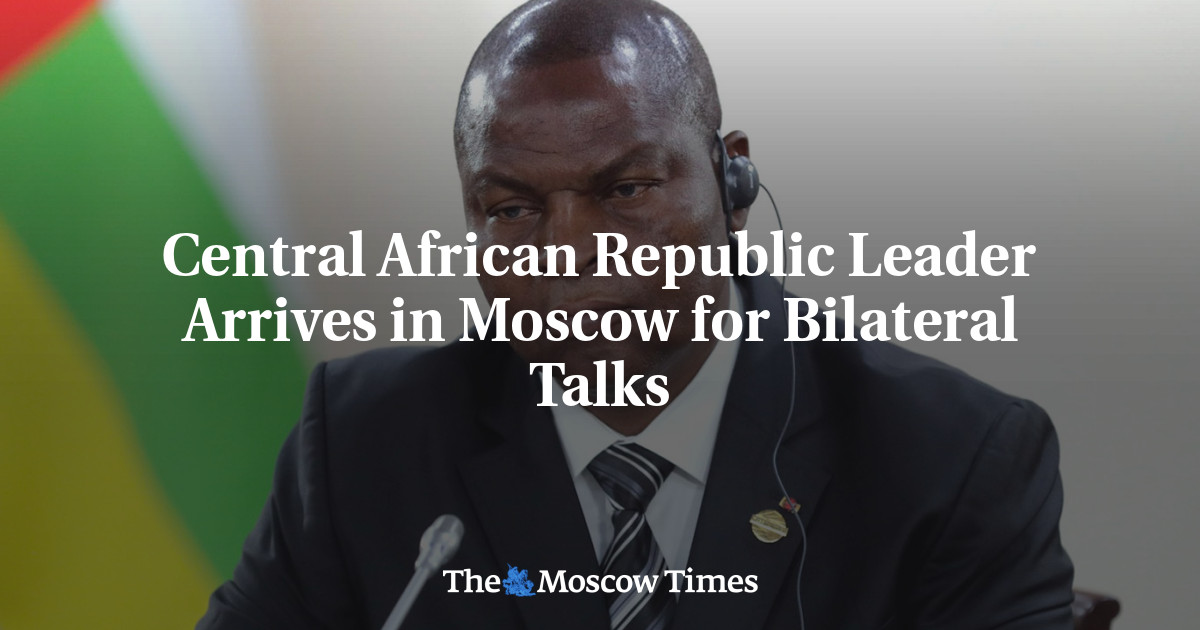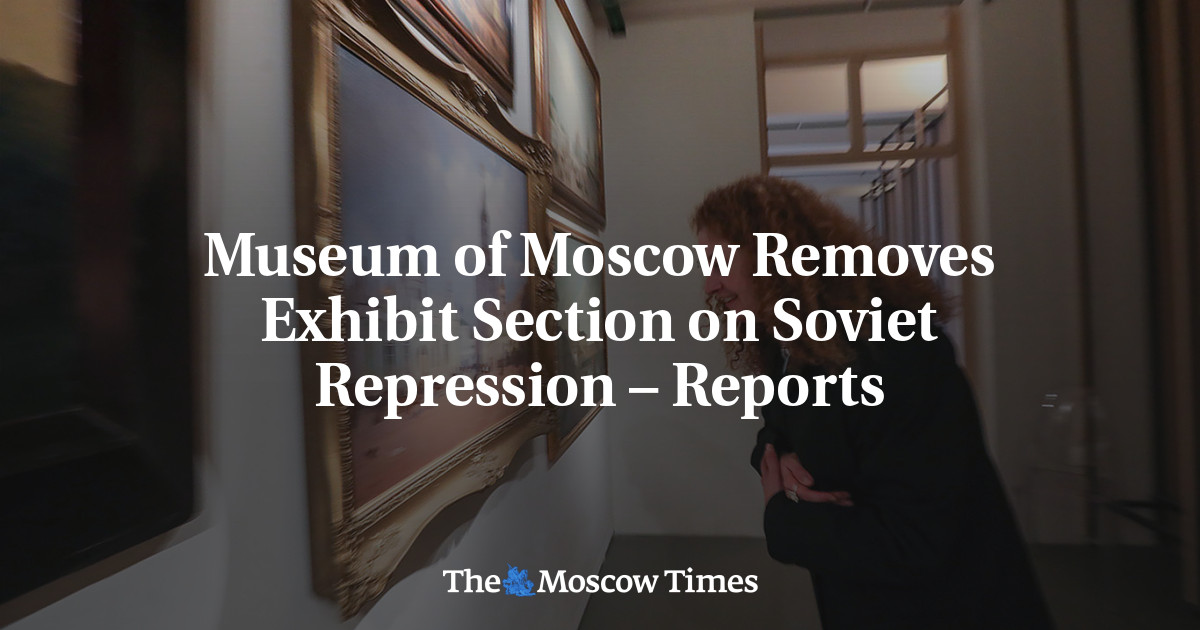“Lukashenko’s regime is very vulnerable,” says Sviatlana Tsikhanouskaya, “and because of that, its cruelty is becoming more and more extreme.”
It has been three years since Tsikhanouskaya ran in the 2020 Belarusian presidential elections and mounted a historic challenge to longtime ruler Alexander Lukashenko that brought tens of thousands of citizens to the streets to call for democracy.
Tsikhanouskaya, 41, entered the race as a political novice after her husband, opposition candidate Syarhei Tsikhanouski, was arrested. After Lukashenko was declared victor in a result widely seen as fraudulent, she was forced to flee to neighboring Lithuania.
Since then, Lukashenko, a close ally of Russian President Vladimir Putin, has overseen the near-total destruction of Belarus' civic space and fundamental freedoms. Over 3,500 Belarusians have been prosecuted on charges of “extremism” since 2020 and some 1,500 people are considered political prisoners, according to the Viasna rights group.
The day before The Moscow Times spoke to Tsikhanouskaya via video call from her office-in-exile in Vilnius, Belarusian police raided the apartments of activists across the country, targeting members of Tsikhanouskaya’s team and supporters of the Belarusian opposition’s Coordination Council.
“The apartments of these people were crushed, family members detained, property seized,” Tsikhanouskaya said. “It was the beginning of [Lukashenko's] 2024 electoral campaign. He feels vulnerable and hopes to eliminate any dissent before then.”
Such events have become commonplace in Belarus.
“Every day, people are detained, political prisoners are kept in harsh conditions,” Tsikhanouskaya said.
“I feel anger against the regime, but I also feel anger that the democratic world isn’t doing everything in its power [to stop Lukashenko].”
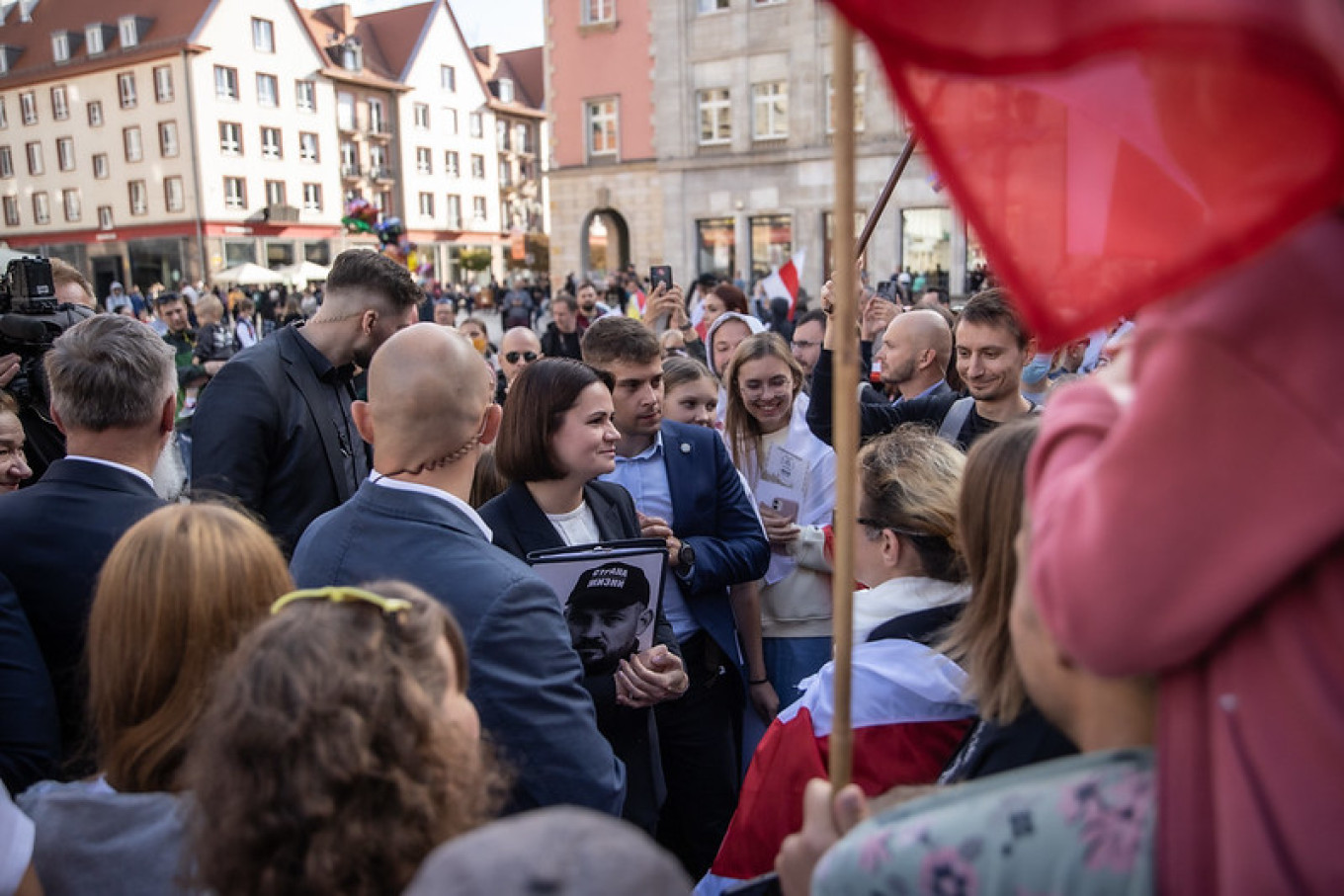 Tsikhanouskaya, carrying a portrait of her husband, at a rally of the Belarusian diaspora in Wroclaw, Poland, October 2023.
Office of Sviatlana Tsikhanouskaya / Flickr
Tsikhanouskaya, carrying a portrait of her husband, at a rally of the Belarusian diaspora in Wroclaw, Poland, October 2023.
Office of Sviatlana Tsikhanouskaya / Flickr
“We are asking for the political and economic isolation of Lukashenko. We are asking for pressure. We understand that sanctions are not a silver bullet, but they are a critical instrument. They are not effective at the moment because of huge loopholes which dictators can easily circumvent.”
Tsikhanouskaya pointed to a report by investigative journalists that revealed how sanctioned Belarusian birchwood is exported to the EU by being labeled as coming from Kyrgyzstan.
“But what about individual sanctions? Judges? Prosecutors? KGB agents? Those people who make our people suffer? They are not on any sanctions list,” she said, insisting that Western countries needed to condemn Lukashenko “publicly” and show the world that they “really stand for democracy.”
Tsikhanouskaya said she worries that human rights abuses in Belarus have been “overshadowed” by Russia’s war in Ukraine and more recently the Israel-Hamas war.
“The focus has shifted,” she said. “And we understand Ukraine’s pain and that it should be in the spotlight. But our task is to explain how the pain of Belarus and Ukraine are intertwined, that you can’t solve one issue without solving the other. These events are all part of one puzzle. Because terrorists like Putin, Lukashenko, Hamas are all challenging the world order. They fight democracy itself. The world, in this case, must be firm and fight back.”
Belarus acted as a staging ground for Russian troops' invasion of Ukraine via its territory in February 2022, but Belarus itself has not taken part in military hostilities.
At the end of 2022, Tsikhanouskaya’s government proposed that “Ukraine and the Ukrainian people build an alliance with democratic Belarus, fight together and support the Belarusian resistance.”
The proposal was met with silence from Kyiv. Mykhailo Podolyak, an adviser to President Volodymyr Zelensky, told Politico at the time that Kyiv believed the Belarusian opposition “exerts neither an organizational nor an intellectual influence on Belarusian society.”
Since then, “relations with Kyiv have improved,” Tsikhanouskaya said.
“We are fighting the same enemy. Ukraine is fighting Russia’s missiles and tanks, but in Belarus, it’s a silent war through force against our people and manipulation of our media, education, our culture and our history.”
In September, a presidential decree stripped Belarusians of the ability to obtain or renew their passports — or process other essential documents — at their country's consulates abroad. This has left thousands of exiled Belarusians without access to valid identification documents.
Many who have returned home since then have already faced political persecution after crossing the border, Tsikhanouskaya said.
In response, she proposed a “New Belarus” passport to be issued by her government-in-exile. Her office is now working with European Union countries to secure its recognition as a valid travel and identification document.
“This project is crucial for people who can’t return home to renew their documents and we have proposed a mixture of short-term and long-term approaches to our allies,” she said. “Short-term, we propose recognizing expired passports as valid and to issue foreign passports and residence permits.”
Tsikhanouskaya called the passport an “essential tool to strengthen our community and the national identity of Belarusians.”
“Of course, the project is new, it’s unprecedented, and so it’s a bit frightening. But we have not yet heard any decisive ‘no’.”
Despite the difficulties and uncertainties for Belarus’s future, Tsikhanouskaya said she remains optimistic.
“The regime has the instruments of power, the batons, the brutality… It works. They control people through fear. But I believe that more and more people in Belarus and abroad understand the real face of this regime.”
Tsikhanouskaya said the fact that people inside Belarus “continue gathering in small communities even though it’s very dangerous” is a sign that “the regime hasn’t changed these people’s way of thinking.”
And despite the regime's cruelty, she believes she, and others, have "no right to step away... or give up.”
This sense of responsibility that Tsikhanouskaya feels toward her compatriots back home propelled her rapid ascent from English teacher and stay-at-home mother to the leader of the Belarusian opposition in 2020. But it also remains a source of motivation today.
Her husband, who was sentenced to 18 years in Belarusian prison in late 2021, has not been heard from for months — nor have fellow jailed opposition figures Maria Kalesnikava, Mikola Statkevich and Viktar Babaryka.
“People in prisons, my husband included, rely on us. They can't be broken there in prisons so long as they know we’re continuing their fight.”
This fight cannot be won simply by hoping for a future democratic Belarus, Tsikhanouskaya said.
“It’s not about hope,” she said. “It’s about hard work every day. And I'm ready to do this. And so are many others. After all, that’s how you stop a dictator.”
 (1).png)
 1 year ago
30
1 year ago
30
